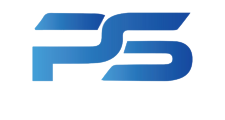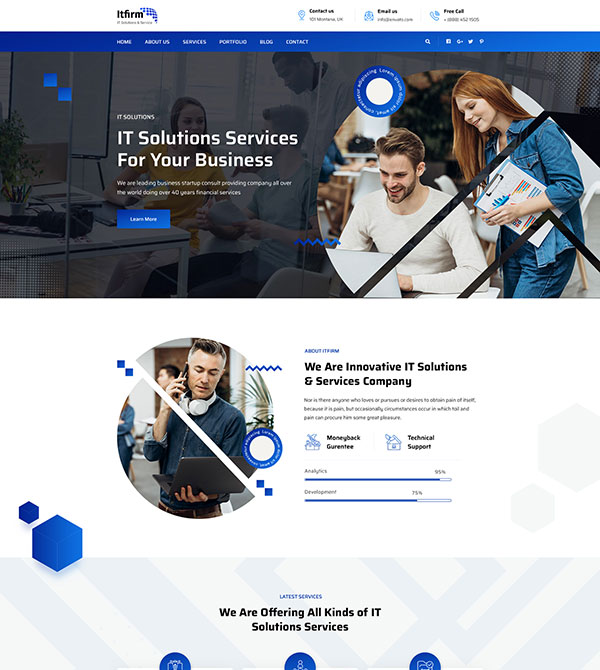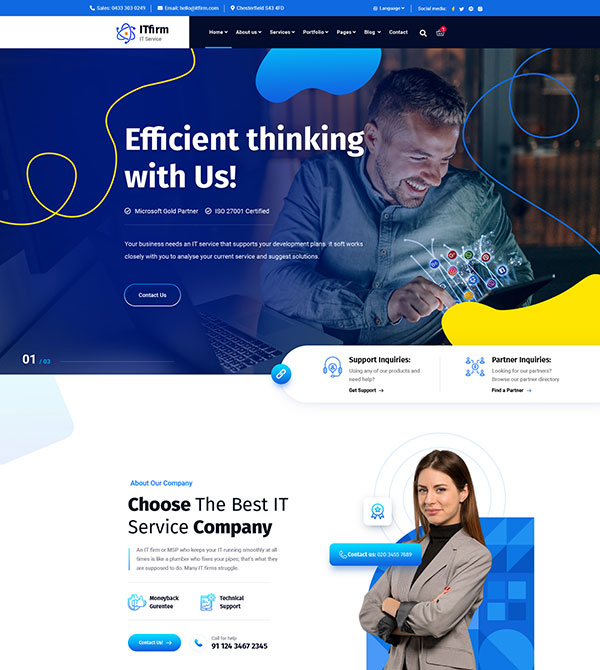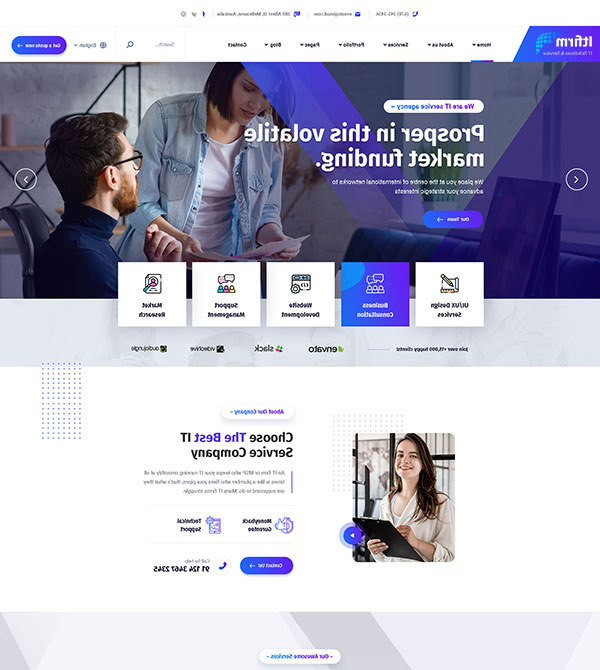
Our support and maintenance services are a no-brainer
We design a unique software maintenance program for each customer based on your specific support needs. Whether you’re rolling out a custom Pragmatisch solution or transitioning from a third-party system, we are here to help. Our software support and maintenance experts are pros at solving problems on-time and on-budget.
Full-Cycle, 24/7 Services
Comprehensive L1/L2/L3 Support
Proactive & Constant Monitoring
Security Audits & Updates
Our Advantages and Approach
We understand your business
Fast and Effective Responses
Established & Proven Procedures
Customer-Friendly Expertise

Taking Over a Third-Party Application
Assessment
We start each transition process by performing a 360-degree assessment of your application to find out exactly what's wrong. Then, we figure out exactly how to fix it.
Planning
Next, Pragmatisch experts will create a detailed plan for tracking your application's performance bugs, prioritizing improvement goals, and meeting your timeline and budget.
Execution
We understand that getting your project back on-track is vital to your business success. That's why Pragmatisch support specialists are trained to work as quickly as possible.
Maintenance
Pragmatisch always wants to move your system forward, not focus on the past. After we've found the root cause of your third-party issues, we move quickly towards ensuring the technology is solid. After that, most software maintenance will focus on improving features as your business needs evolve.
Frequently Asked Questions
Support and maintenance for software projects include post-release activity to adapt the application to real-world users’ feedback, improve its user experience, add or change functionality, and address any issues that may arise after the software launches.
In most cases, we recommend keeping a support team with the project for some time after its release to address any potential issues, implement user feedback, and ensure it operates flawlessly. Normally, a stable application does not require perpetual support, except when adding or adjusting functionality.
SLA is short for “service-level agreement”, and refers to the, contract that outlines the software development vendor’s responsibilities and commitment to support a newly launched application. An SLA describes the framework and metrics for the support process and identifies the technical parameters of support requests, such as urgency, response time, and action items. It is in both parties’ best interest to create an SLA for any software project support.
